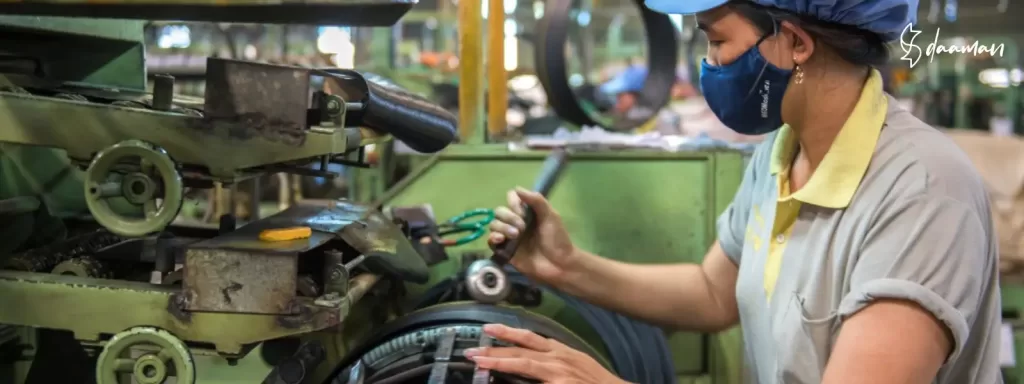Safeguarding Seniors: Navigating Precautions Against AI Scams
Artificial intelligence (AI) has become increasingly common in a time of rapid technological development, which has resulted in several benefits and increased efficiency. But along with these advantages comes the potential danger of AI scams, which is causing older men and women to become increasingly concerned as they may be more susceptible to these dishonest tactics. Seniors must take preventative measures and be aware of potential risks in order to safeguard themselves from the growing number of AI frauds. Image Source: Freepik.com Scammers use artificial intelligence (AI) to trick elderly folks who are integrating technology into their lives more and more. Using voice manipulation technology for impersonation is a popular kind of artificial intelligence scam. Scammers can attempt to trick elders into divulging private information or providing financial help by using artificial intelligence (AI) to impersonate the voices of loved ones or reliable individuals. Seniors should develop a healthy scepticism towards unsolicited communications, especially those that ask for personal or financial information, in order to protect themselves from these dishonest activities. An efficient preventative measure is to confirm the identity of the person on the other end of the line using a backup method of communication, like making a call to a known number. Seniors are the victims of another common AI scam, which uses phishing emails and phoney websites. AI systems are able to produce incredibly realistic phishing emails that imitate the tone and vocabulary of authentic correspondence. Seniors should use caution when responding to unsolicited emails with links or personal information, making sure to confirm the veracity of the sender before acting. Developing educational programmes is essential to equipping senior citizens to identify and thwart artificial intelligence scams. Seniors can acquire the skills and information necessary to spot possible scams and take the necessary safety measures by attending workshops, participating in community programmes, and using internet resources. Knowing typical warning signs, including misspelt words, generic email addresses, or calls for immediate action, might help lower the risk of falling for AI scams. Protecting against AI-driven scams requires putting strong cybersecurity safeguards in place. In order to reduce the possibility of becoming victims of malevolent AI algorithms, seniors should make sure that their gadgets are equipped with the most recent security software, such as firewalls and antivirus programmes. Scammers may find it more difficult to access sensitive data if two-factor authentication is enabled and passwords are updated on a regular basis. Moreover, encouraging candid communication within families and communities is essential to protecting senior citizens against artificial intelligence scams. Creating a support system where people can talk about their experiences and ask for guidance forge ahead against ever-evolving scam techniques. An extra precaution is to advise seniors to seek advice from friends or family before making important decisions. Image Source : Freepik.com In summary, elder men and women must take proactive measures to safeguard themselves against potential hazards as AI schemes get more complex. Seniors can confidently traverse the digital realm by adopting strong cybersecurity measures, maintaining awareness of common fraud tactics, and developing a sceptical mindset. Seniors can benefit from technology without becoming victims of dishonest practices if defences against AI scams are strengthened by education, communication, and technical awareness.
Safeguarding Seniors: Navigating Precautions Against AI Scams Read More »










